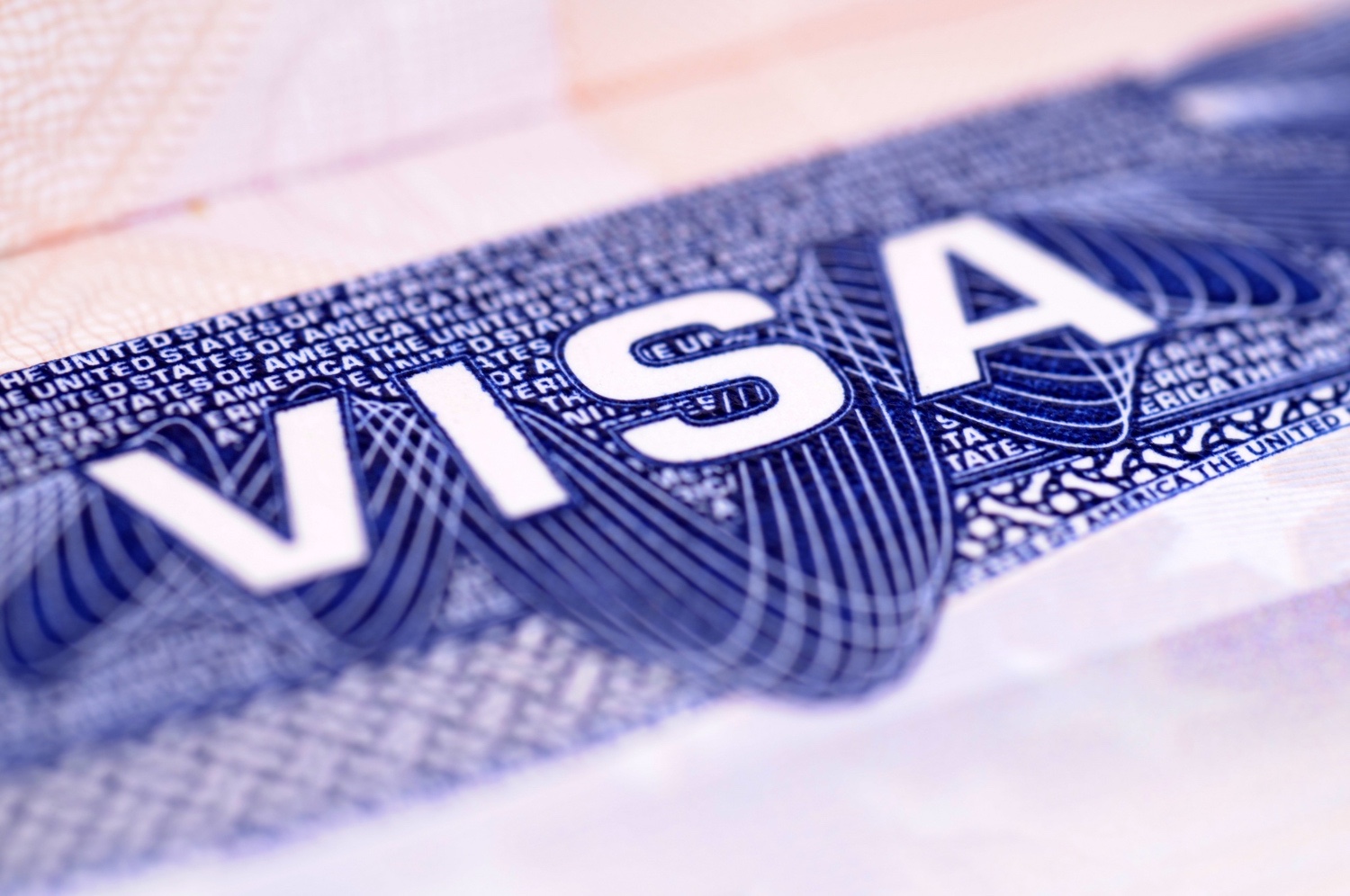A petition must be filed by a U.S. employer to obtain a non-immigrant visa for work. The foreign employee must file a petition with the U.S. Citizenship and Immigration Services (USCIS). If the employee is overseas, before entering the United States, the foreign worker must also file a visa application and present the approved petition to obtain the visa. The visa will be presented to Customs and Border Patrol officers (CBP), at the official port of entry.
The visa application process for family members of temporary foreign workers must be completed separately. There are several visa categories that can be used for certain types of work.

These are the most popular work visas that allow for temporary employment:
B visas
B visas are tourist visas but may be used for business visitors who have legitimate purposes in the United States on behalf of their foreign employers. They are valid for up to six months with the possibility of an additional six-month extension. These visas are not valid for family members.
F visas
F-1 visas can be obtained for students attending accredited academic institutions. Students who attend school full-time are sometimes afforded the right to work. Students during their first year can seek to work on campus. During the scholastic time and following completion of a degree program, students are permitted under certain circumstances to work off-campus pursuant to the following:
– Curricular Practical Training (CPT)
– Optional Practical Training (OPT)
– Science, Technology, Engineering, and Mathematics (STEM) OPT
F-2 visas are available for students’ family members, including spouses and children. F-3 visas are for Canadian or Mexican students who commute.
M Visas
Students at vocational or non-academic schools other than language training institutions are eligible for M visas. M-2 visas can be obtained for spouses, children, and other family members. Students who live in Canada or Mexico and commute to school can apply for M-3 visas.
J Visas
J visas can be used for study or work-based programs like camp counselors, au-pairs, and interns. Many programs promote cultural exchange and must meet certain eligibility criteria like English language proficiency. J-2 visas can be obtained for J-1 visa holders’ dependents.
H visas
H-1B visas are temporary work visas afforded to individuals in specialty occupations who possess a degree or its equivalent in that specialty. The H-1B visas are for professionals or academics who have specialized knowledge. They must have a bachelor’s or higher degree and work experience. This visa is also afforded to fashion models of distinguished merit. The visa is granted for up to three years, extendable for another three years. There are also circumstances that it can be extended beyond that time, specifically if the employer is applying for permanent residence and the labor certification is already in process by a specific time. In order to not undercut the wages within the US job market, the employer must pay the prevailing wage and obtain an approved Labor Condition Application from the Department of Labor approving and attesting to the wage.
H-2A and H-2B visas can be used for seasonal, temporary agricultural workers (H-2A), or non-agricultural workers (H-2B).
The H-3 visa is to train in any field other than graduate medical school. This visa is most utilized by those who plan to work in another country but want to train in the United States. This visa allows you to stay up to two years in the United States.
Other types of visas include C, D, TWOV, S, T, and U. These include crewmen and transit visas. The other categories are narrowly tailored visa categories, such as for witnesses and informants, and victims of human trafficking.

Oltarsh & Associates can help you with your non-immigrant visa. It is crucial that you have an immigration lawyer on your side during this process due to all the possible legal complications. Call us today to schedule an appointment at (212) 944-9420.
